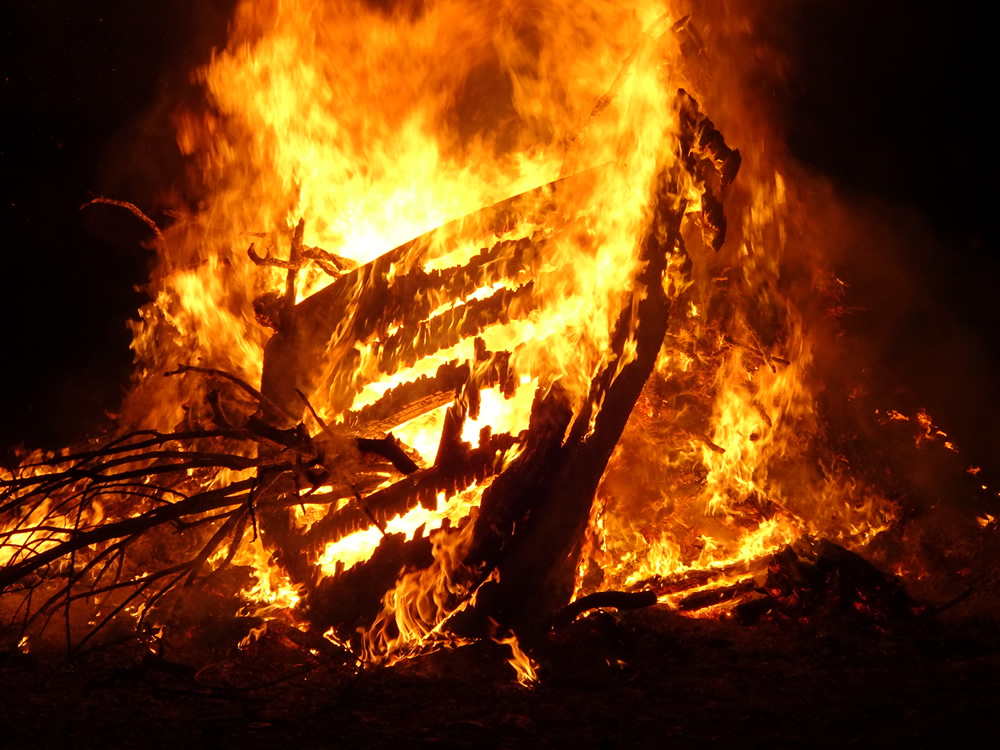“The whole Town was in the utmost Consternation and Confusion”
In a 17 June 1768 letter to his patron, the Marquess of Rockingham, Boston Customs Collector Joseph Harrison laid out the Liberty riot that he had triggered on the 10th.
A crowd of angry waterfront workers attacked the naval boats removing John Hancock’s sloop from his wharf. They attacked Harrison and his son and a colleague. And then:
A few years before Harrison had written, “Sailing is so much my favourite Diversion,” according to the Collectors of Customs website. He also told Rockingham that his boat “has just before been nicely fitted out to send a present to Sir Geo. Saville,” a Member of Parliament for Yorkshire. But now it was in ashes.
Over the next dew days, Harrison and most of his colleagues in the upper ranks of the Customs house, starting with the Commissioners at the top, went on board H.M.S. Romney or to Castle William for their safety.
On Monday, 13 June, Edes and Gill’s Boston Gazette carried this report:
TOMORROW: How to keep the peace in Boston?
[The photo above comes from the Go Hvar blog. Evidently on the island of Hvar, Croatia, the locals burn a boat every St. Nicholas’ Eve.]
A crowd of angry waterfront workers attacked the naval boats removing John Hancock’s sloop from his wharf. They attacked Harrison and his son and a colleague. And then:
All this happened about 7 o’Clock last Friday Afternoon and it was hoped that the People would have dispersed without doing any further mischief, but instead of that, before 9 o’Clock the Mob had increased to such a prodigious Number that the whole Town was in the utmost Consternation and Confusion.The crowd thus acted out a parody of the Customs service action of “condemning” Hancock’s sloop for seizure before the people proceeded to their traditional protest bonfire.
When thus collected together, the First Attempt was on the Comptroller [Benjamin Hallowell, Jr.] whose House they beset; but on being assured that he was not at Home, they contented themselves with breaking a few pains of Glass and then departed in order to pay a Visit to the Collector, But before they got to my House several principal Gentlemen of the Town had assembled there in order if possible to protect my Family, but before the Mob got there it was thought proper to send my Wife and Children to a House in the Neighborhood.
On their Arrival the first Demand was for the Collector, but they were told he was not there, upon which they attempted to enter the House but were prevented by the Gentlemen there whose kind interposition in all probability prevented the Pillage and Destruction of all my Furniture. Finding this opposition within they concluded the Visit with breaking the Windows, and then marched off but in passing by the House of Mr. [John] Williams one of the Inspectors General of the Customs they served it in the same Manner.
After this in all probability the Mob would have dispersed if some evil minded People had not informed them that I had a fine sailing pleasure Boat which I set great store by, that they lay in one of the Docks, upon this Intelligence the whole Crowd posted down to the water side hauled the Boat out of the Water, and dragged her thro’ the Streets to Liberty Tree (as it is called) where she was formally condemned, and from thence dragged up into the Common and there burned to Ashes.
A few years before Harrison had written, “Sailing is so much my favourite Diversion,” according to the Collectors of Customs website. He also told Rockingham that his boat “has just before been nicely fitted out to send a present to Sir Geo. Saville,” a Member of Parliament for Yorkshire. But now it was in ashes.
Over the next dew days, Harrison and most of his colleagues in the upper ranks of the Customs house, starting with the Commissioners at the top, went on board H.M.S. Romney or to Castle William for their safety.
On Monday, 13 June, Edes and Gill’s Boston Gazette carried this report:
Last Friday Evening some Commotions happen’d in this Town, in which a few Windows were broke, and a Boat was drawn thro’ the Streets and burnt on the Common; since which Things have been tolerably quiet; it being expected that the Cause of this Disturbance will be speedily removed.“The Cause,” in the radical Whigs’ eyes, being the Customs Commissioners.
TOMORROW: How to keep the peace in Boston?
[The photo above comes from the Go Hvar blog. Evidently on the island of Hvar, Croatia, the locals burn a boat every St. Nicholas’ Eve.]


No comments:
Post a Comment